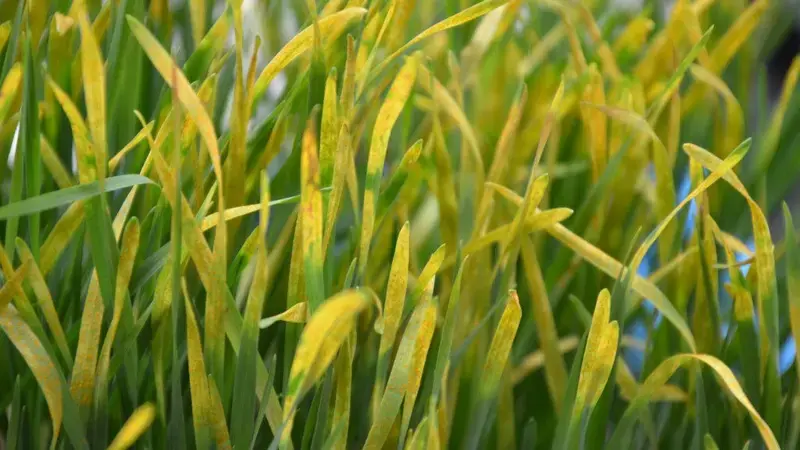Improved crop varieties

In most developing countries, the majority of small-scale farmers use traditional crop varieties, which give low yields and may be vulnerable to drought, heat, diseases and other stresses. Modern improved varieties offer much higher yields, better quality, and more stable production.
ICARDA and its partners have developed improved varieties of a range of crops – wheat, barley, lentil, faba bean, chickpea, grasspea, field pea and forage crops. The new varieties are suitable for rainfed agriculture in areas where rainfall is low and erratic.
They offer higher and more stable yields and higher tolerance/resistance to diseases, insect pests, drought, heat, cold, parasitic weeds, and other stress factors. Some varieties also offer large improvements in bread-making quality, nutritional value, and other traits.
More than 880 new varieties have been released for cultivation – and generate benefits worth US$850 million every year. Technology ‘packages’ have been developed – crop management, irrigation, pest control – to maximize yields from the new varieties.
ICARDA’s Biodiversity and Crop Improvement Research Program contains some 157,000 samples of major winter cereals, food legumes, and forage and rangeland species. They are drawn from major centers of plant diversity - including the ‘Fertile Crescent’ in Western Asia, the Abyssinian highlands in Ethiopia, and the Nile Valley, where the earliest known crop domestication practices were first recorded. Many plants are now extinct in their natural habitats.
ICARDA’s collections of unique genetic materials rank among the most important worldwide. These collections are rich in landraces and wild relative species. More than 85 percent of the accessions are characterized and 75 percent are georeferenced. All accessions are safely duplicated in reliable gene banks around the world and around 75 percent are being duplicated at the Svalbard Global Seed Vault.
